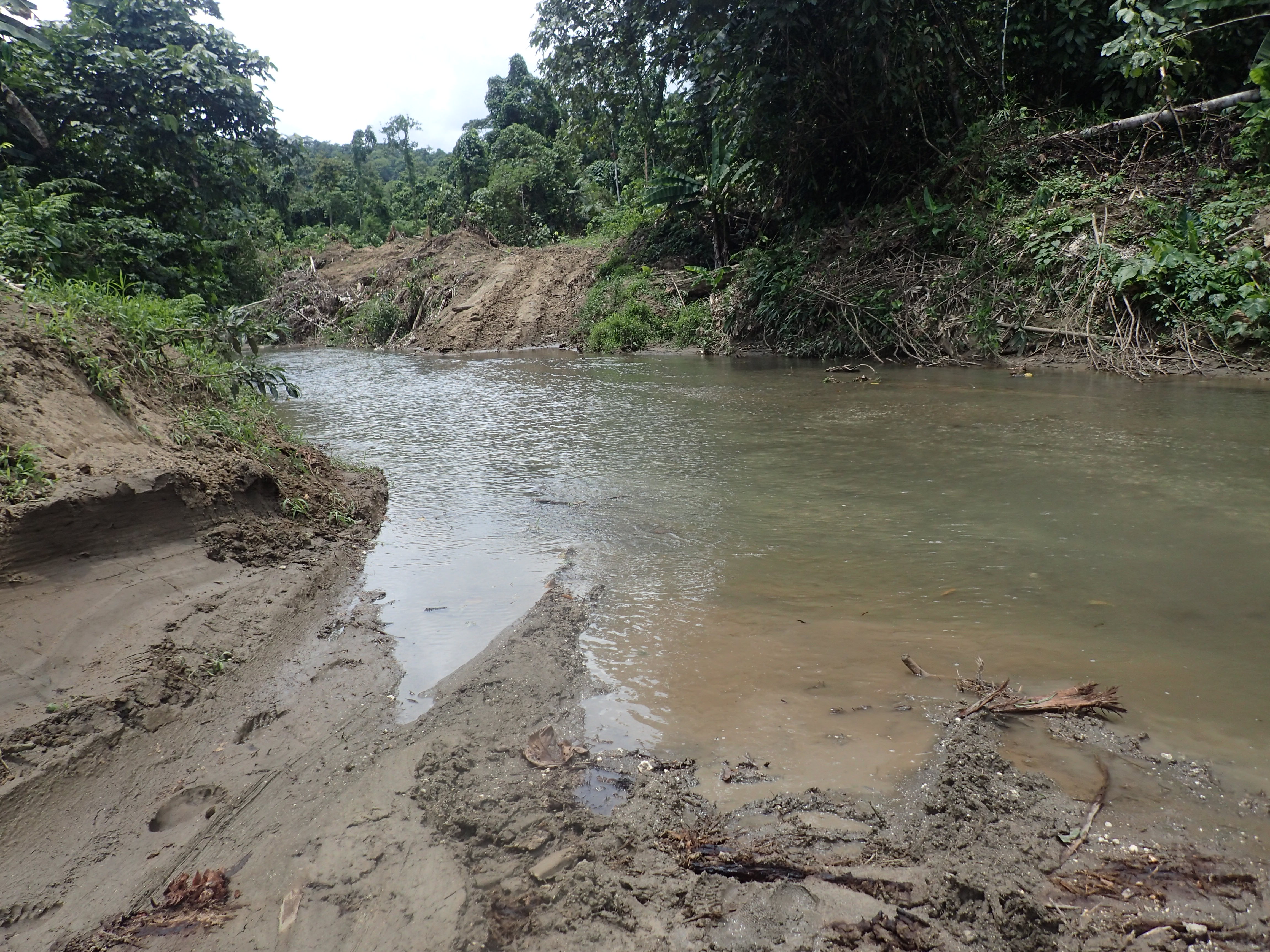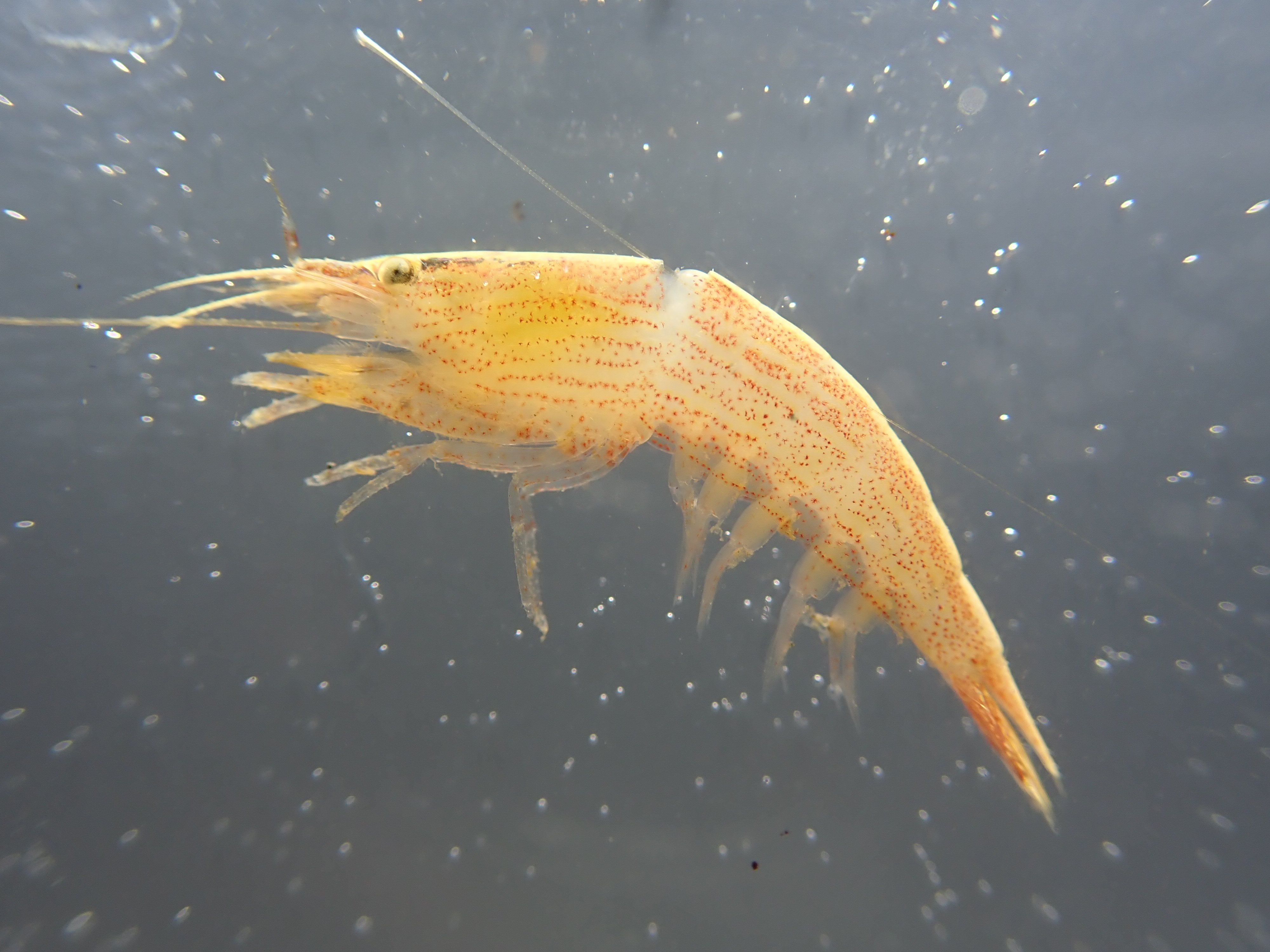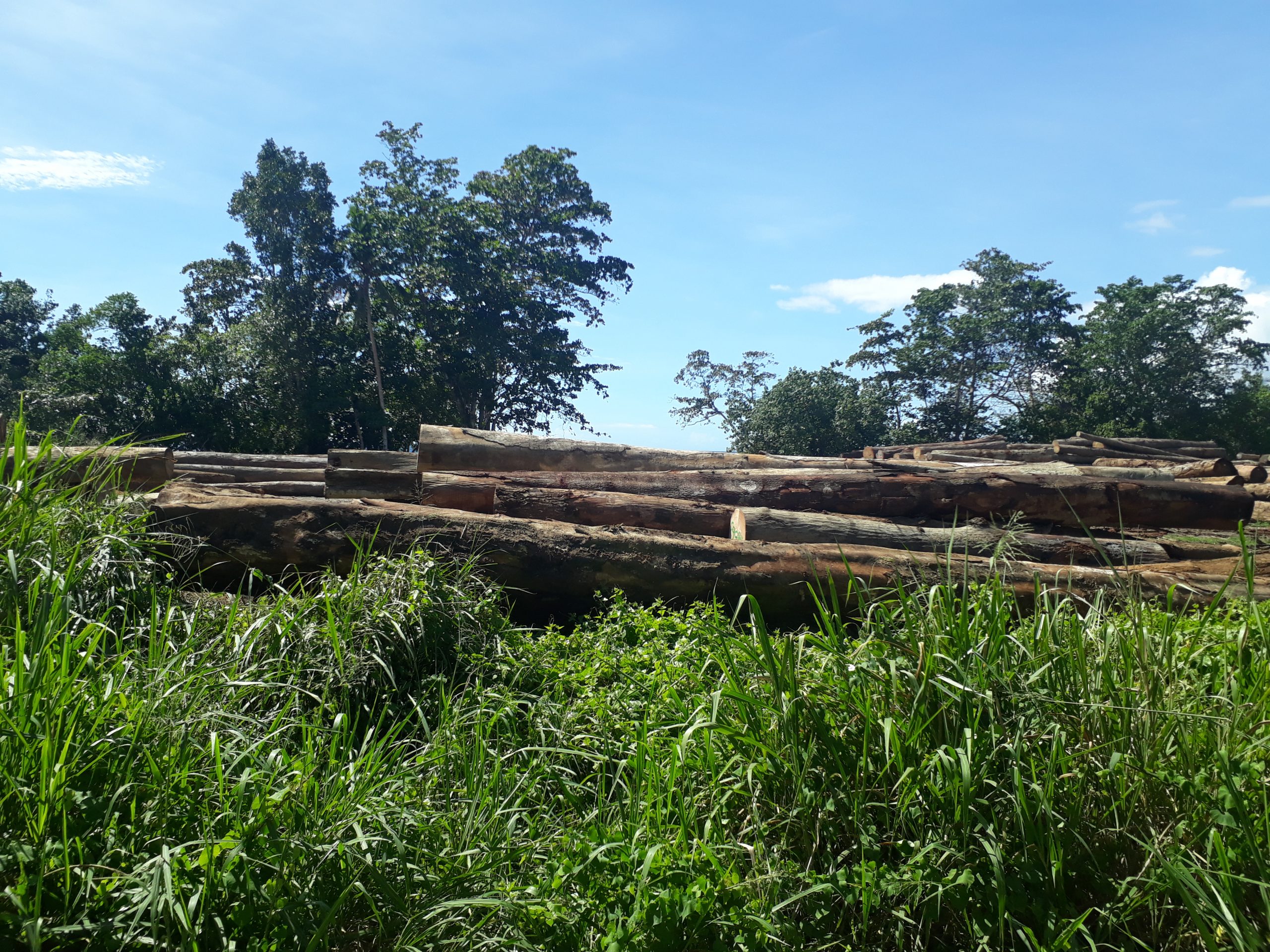Logging remains a major threat to freshwater biodiversity in the Solomon Islands, a recent survey by international and local scientists have found.
A team of International and Local Scientists from the French Ichthyological Society (SFI), based at the Muséum National d’Histoire Naturelle (MNHN) Paris, France, and Ecological Solutions, Solomon Islands (ESSI) recently completed freshwater fish, prawn and crab survey on Choiseul and Isabel Provinces.
David Boseto of ESSI said the team surveyed pristine forest rivers and rivers where current logging activities are ongoing.
“The results from the survey clearly illustrated that pristine and healthy rivers have far more freshwater fauna diversity and abundance compared to logging areas,” Boseto said.
He explained that rivers flowing under pristine forest cover provide good quality water for human consumption and clean habitats for the fish and prawns to live, feed and reproduce.
“The vegetation cover protects the ground water reserves and ensures the water remains cool and well-oxygenated; it also ensures that regular rainfall supplies the catchment area with water. Pristine forest cover provides a high diversity of habitats and therefore of species. Any action degrading the flow rate, degrading habitats or causing pollution should be avoided because they would lead to the disappearance of rare and endangered species, and ultimately to the disappearance of rivers.
“Logging activities in the forest flush suspended solids or clay soil in the water column, which then deposit in thick soft layers of silt and clay soil on the bottom floor of the river. The clay soil in the water column and on the bottom floor of the rivers really destroys the habitats for the fish and prawns. They kill the algae that grows on the bottom on the river, which the fish and prawns feed on. The suspended particles also cloud the water, which leads to poor visibility for the fish to feed and reproduce.
“Furthermore, the water temperature is warm because most of the trees above the river edge were logged and removed. As soon as any small rain falls, the river water quickly turns even darker brown and oily. Such habitats are not appropriate for the fish and prawns to live in and indeed, the team has found very few species.”
The findings from this study support similar results from studies conducted in other countries where logging activities are also conducted.
Boseto said this is a major concern because logging activities can contribute to the loss of freshwater species and diversity because their habitats are destroyed.
“There are so many species yet to discover in the freshwater ecosystem; unfortunately, most of the species could have disappeared due to logging activities that alters their habitats. Such losses are tragic since we are currently losing our biological wealth.”
Boseto said freshwater fauna such as fish and prawns are good indicators of freshwater habitat health and a pristine environment.
“Their absence in any river is an indicator of poor water quality and habitat. The freshwater fauna is very sensitive to any alteration of their habitats and to the physical and chemical parameters of the water. Such changes can trigger the freshwater fauna losses.
“While logging is a legitimate business in Solomon Islands, it also carries huge responsibilities to care for the flora and fauna of this country by following the forestry logging code of practices.
“In our field observation in most of the logging areas where we conducted our surveys, there were no strict observation of the logging code of practices.”
Boseto said most of the logging activities also took place within the buffer zones and hauling of round logs took place in the rivers.
“No proper bridges were built for the logging machines to use. River crossings by logging machines is a common sight at all the logging areas.
“We can simply say that logging companies do not respect our laws and our environment. Therefore, if we continue to allow irresponsible logging companies to go about doing their dirty business activities then we will continue to lose clean and pristine waters and rivers and their flora and fauna.”
The team would like to call on the custodian of the land and rivers to carefully consider their decision before going to invite logging companies into their land. The logging companies also have a duty of care to be responsible and adhere to the code of logging practices and Solomon Islands laws.
“Finally, responsible government ministry must continue to monitor and enforce the relevant laws and penalties to the logging companies that don’t follow the laws.
“The freshwater fauna and a healthy river water needs everyone to work together in order to enjoy a clean and pristine water in Solomon Islands and to manage and protect the freshwater system in this country,” Boseto added.




